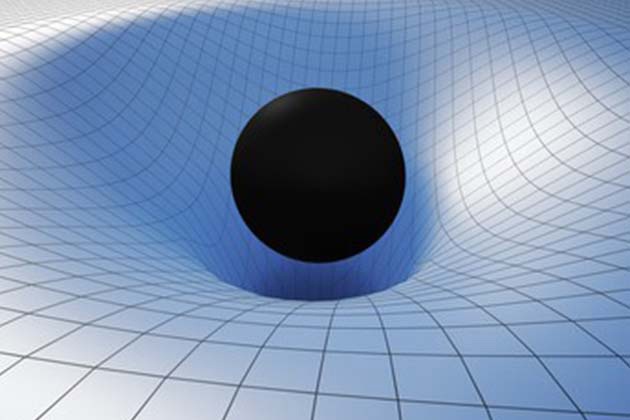"Per quanto la vita possa sembrare difficile, c'è sempre qualcosa che puoi fare e avere successo" - Stephen Hawking
Stephen W. Hawking (1942-2018) will be remembered not just for being an accomplished theoretical physicist with a brilliant mind but also for symbolising the ability of the human spirit to rise and triumph above severe physical disability of the body and achieve what is presumed to be the unthinkable. Prof Hawking was diagnosed with a debilitating condition when he was barely 21 years old, but he showed resilience over his adversities and continued to engage his mind in an attempt to theorize some of the intriguing scientific mysteries of the universo.
L'idea di buchi neri emerged from Albert Einstein’s general theory of relativity. The cosmic objects buchi neri– thought to be the biggest enigmas of the known universo– are extremely dense, so dense that nothing escapes their huge gravity, not even the light. Everything gets sucked into it. This is the reason buchi neri sono chiamati buchi neri because nothing can escape its clutches and also its impossible to see a buco nero. Perché buchi neri do not emit light or energy in any form unlike all other cosmic objects, they would never undergo explosion. This meant buchi neri would be immortal.
Stephen Hawking questioned the immortality of the buchi neri.
Nella sua lettera intitolata â € ~ A € ~Buchi neri explosions?’’, pubblicato in Natura in 19741, Hawking came up with the theoretical conclusion that not everything is sucked into a buco nero ed buchi neri emit an electromagnetic radiation called Radiazione di Hawking, detailing that radiation can escape from a buco nero, because of the laws of quantum mechanics. Thus, buco neros too would explode and convert to gamma rays. He showed that any buco nero will create and emit particles such as neutrinos or photons. As a buco nero emits radiation one would expect it to lose mass. This in turn would increase the surface gravity and so increase the rate of emission. The buco nero would therefore have a finite life and eventually disappear into nothing.This stuck down the long-held idea by the theoretical physicists that black holes are immortal.
I Radiazione di Hawking was thought to contain no useful information about what the buco nero engulfed because the information swallowed up by the buco nero would have been lost forever.In a recent study published in 2016 in Physical Review Letters, Hawking showed that black holes have a halo of ‘soft hair’ (technically, low-energy quantum excitations) around them which might store the information. More research on this could perhaps lead toan understanding andan eventual resolution of the buco nero problema informativo.
Any proof of Hawking’s theory? No observational confirmation yet seen in the cosmos. Buchi neri are too long-lived to be observed today at their end.
***
{Puoi leggere il documento di ricerca originale facendo clic sul collegamento DOI indicato di seguito nell'elenco delle fonti citate}
Fonte (s)
1. Hawking S 1974. Esplosioni di buchi neri? Natura. 248. https://doi.org/10.1038/248030a0
2. Hawking S et al 2016. Capelli morbidi sui buchi neri. Fis. Rev. Lett.. 116. https://doi.org/10.1103/PhysRevLett.116.231301






































